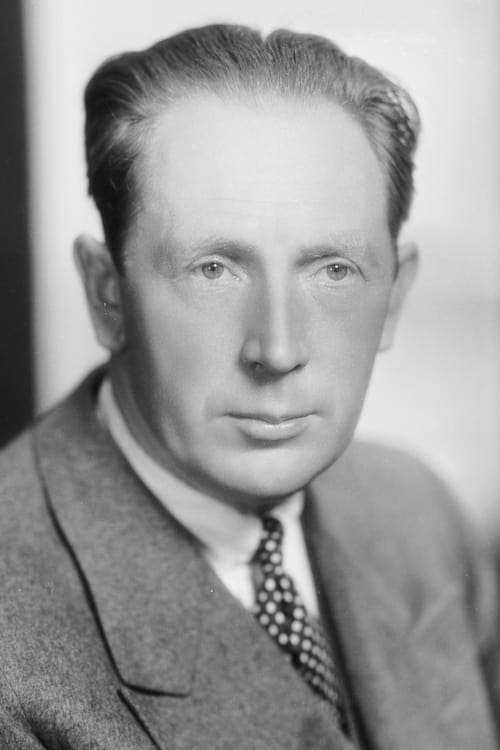
F. W. Murnau
Nascimento : 1888-12-28, Bielefeld, North-Rhine-Westphalia, Germany
Morte : 1931-03-11
História
Friedrich Wilhelm Murnau, ou simplesmente F. W. Murnau, nascido Friedrich Wilhelm Plumpe (Bielefeld, 28 de dezembro de 1888 — Santa Bárbara, 11 de março de 1931), foi um dos mais importantes realizadores do cinema mudo, do cinema expressionista alemão e do movimento Kammerspiel.
Antes de ser cineasta, Murnau estudou filosofia, literatura, música, e história das Artes nas universidades de Heidelberg e Berlim. Frequentou a escola de arte dramática de Max Reinhhardt, que exerceu grande influência em seu estilo cinematográfico.
Iniciou a carreira no cinema em 1919. Em 1920, realizou uma versão do O Médico e o Monstro de Robert L. Stevenson, Der Januskopf. Em 1922, filmou Nosferatu, um dos clássicos do expressionismo no cinema. Em 1924, realizou o filme “O último Homem” e Fausto, baseado na obra do escritor Goethe, em 1926. A obra-prima de Murnau foi o filme Aurora, em 1927, considerado um dos pontos altos do cinema ocidentaldo.
Morreu aos 42 anos em um acidente de carro na Califórnia, e foi sepultado no Südwestkirchhof Stahnsdorf.

Thanks
A man trapped in purgatory must come face to face with his own demons.

Himself (archival footage) (uncredited)
Documentary focusing on the film careers F.W. Murnau, Frank Borzage and William Fox and their impact on the history of cinema.

Himself (archive footage)
A documentary on the life and films of F.W. Murnau

Himself (archive footage)

Director
The film depicts one of the great hunts the South Sea Islanders. Come schools of fish in one of the bays on the island, so hurry on an alarm signal all the people out to sea to seal off the bay to drive the fish towards the coast and to impose there with spears.
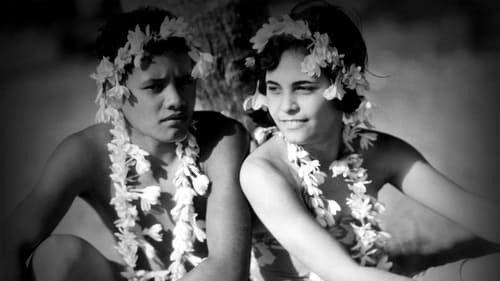
Producer
A história de amor entre Reri, uma garota considerada intocável e Matahi, um pescador de pérolas. Ele está disposto a ir contra as tradições pelo amor de Reri.

Screenplay
A história de amor entre Reri, uma garota considerada intocável e Matahi, um pescador de pérolas. Ele está disposto a ir contra as tradições pelo amor de Reri.

Director
A história de amor entre Reri, uma garota considerada intocável e Matahi, um pescador de pérolas. Ele está disposto a ir contra as tradições pelo amor de Reri.
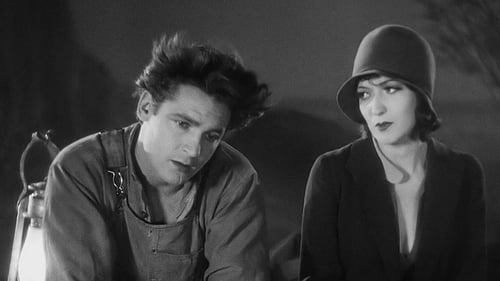
Director
A waitress from Chicago falls in love with a man from rural Minnesota and marries him, with the intent of living a better life - but life on the farm has its own challenges.

German documentary about Hollywood

Director
The circus provides the backdrop for this melodrama that chronicles the lives of four children raised within the big top. Film historian and collector William K. Everson stated that the only surviving print was lost by actress Mary Duncan who had borrowed it from Fox Studios. In the December 1974 issue of "Films in Review," he explained that Mary Duncan, one of the film's stars, wanted it to show to a group of friends in Florida. The star was aware that it was a dangerous nitrate print and assumed that Fox had others. She threw the only copy in the ocean, a mistake characterized by Everson as "a monumental blunder to rank with Balaclava, Sarajevo, and the Fall of Babylon as one of history's blackest moments."
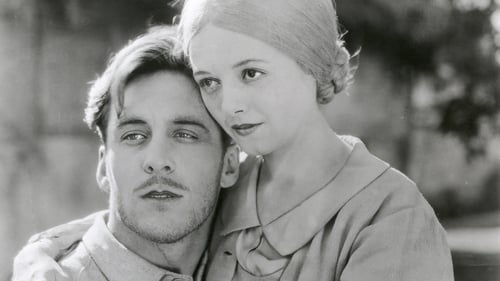
Dancer (uncredited)
Seduzido por uma moça da cidade, um fazendeiro tenta afogar sua mulher, mas desiste no último momento. Esta foge para a cidade, mas ele a segue para provar o seu amor.

Director
Seduzido por uma moça da cidade, um fazendeiro tenta afogar sua mulher, mas desiste no último momento. Esta foge para a cidade, mas ele a segue para provar o seu amor.
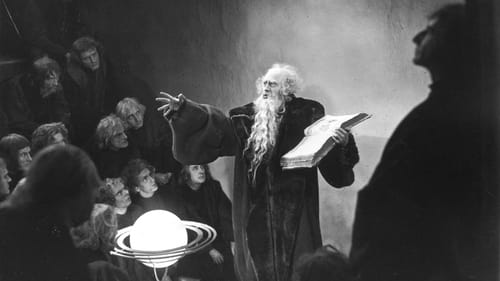
Director
Fausto, um velho alquimista, vê a sua cidade assolada pela peste. Com medo da morte, pena dos que sofrem e revoltado contra Deus, evoca Mefistófeles. Nesse dia, o tentador dá-lhe todos os prazeres e, deslumbrado, Fausto vende a alma em troca da juventude. Passado um tempo, todavia, apaixona-se por Marguerite e a bondade desperta novamente em si. Pode o amor vencer o próprio Diabo?
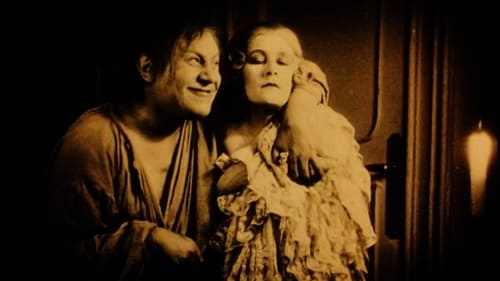
Director
Um jovem mostra um filme que se baseia na obra “Tartufo” de Molière ao seu avô milionário, com a intenção de expor a governanta hipócrita do velho que cobiça sua própria herança.
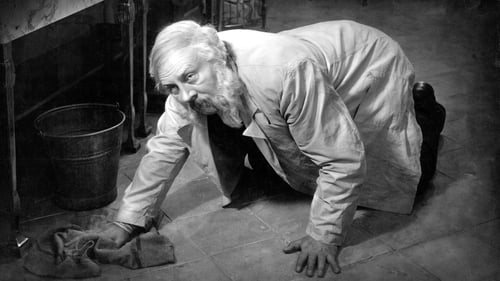
Director
O idoso porteiro do Atlantis, um elegante hotel de Berlim, sente orgulho do seu trabalho, que faz com dedicação, e se comporta como um general em seu resplandecente uniforme, sendo tratado com respeito pelos seus amigos e vizinhos. Entretanto, o novo gerente do hotel se mostra insensível quando o velho porteiro para um pouco para se recompor, após carregar uma pesada bagagem, e assim o gerente decide que o atual porteiro é velho demais para o cargo e o rebaixa para criado do banheiro masculino. Isto provoca um efeito desastroso no prestígio do homem e na sua autoestima.

Writer

Himself
The only surviving excerpt of a documentary on film production in Weimar Germany, featuring the different personalities of several famous directors of the era at work on the set including Fritz Lang, Robert Wiene, and E.A. Dupont.
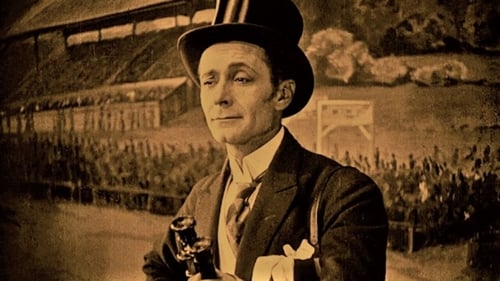
Director
The likeable and carefree Grand Duke of Abacco is in dire straits. There is no money left to service the State's debt; the main creditor is looking forward to expropriating the entire Duchy. The marriage with Olga, Grand Duchess of Russia, would solve everything, but a crucial letter of hers about the engagement has been stolen. Besides, a bunch of revolutionaries and a dubious businessman have other plans regarding the Grand Duke. With the intrusion of adventurer Philipp Collins into the Grand Duke's affairs, a series of frantic chases, plots and counter-plots begins.

Director
A lost Murnau peasant-farm film.
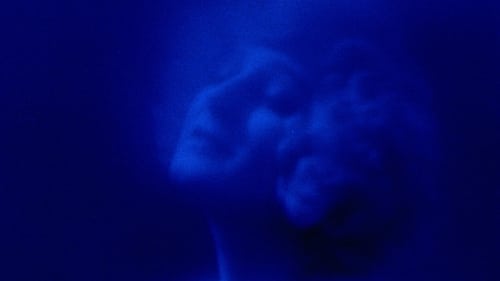
Director
Quando Lorenz Lubota é atropelado, ele fica obcecado por Veronika, a misteriosa e sensual passageira do veículo. Mais um clássico expressionista de F. W. Murnau, o filme era considerado perdido até 2003.

Director
The film follows tells the story of a struggle over a plot of petroleum-rich land.

Director
Hutter (Gustav von Wangenheim), agente imobiliário, viaja até os Montes Cárpatos para vender um castelo no Mar Báltico cujo proprietário é o excêntrico conde Graf Orlock (Max Schreck), que na verdade é um milenar vampiro que, buscando poder, se muda para Bremen, Alemanha, espalhando o terror na região. Curiosamente quem pode reverter esta situação é Ellen (Greta Schröder), a esposa de Hutter, pois Orlock está atraído por ela.
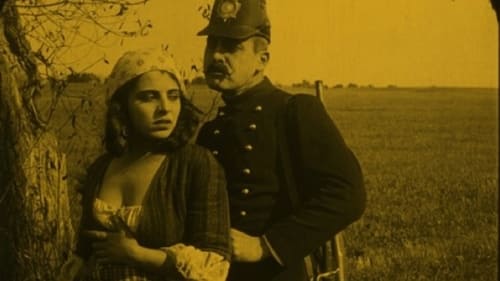
Director
All men are under lovely Marizza’s spell. Tired of working for the old woman Yelina, who forces her to cajole customs officials to help the smugglers, she flees and finds work at Mrs. Avricolos’ farm. The latter is in business with an unscrupulous moneylender, whose daughter is promised to Leone, the family’s eldest son. But Leone will fall quickly for Marizza...
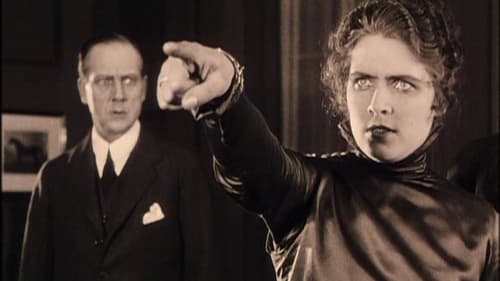
Director
No castelo Vogelöd, alguns aristocratas esperam a baronesa Safferstätt. Mas o primeiro conde Oestch chega sem ser convidado. Todos pensam que ele assassinou o próprio irmão três anos antes, o primeiro marido da baronesa. Isso torna a sua presença no castelo bastante indesejável.

Director
Ivan, a poor Russian student, lives in Switzerland. He is unexpectedly invited to Russia by a distant relative, Princess Wirsky. To finance the journey, he works as a messenger for revolutionaries who want to depose Grand Duke Wirsky. In Moscow, he delivers the message and falls in love with Marja, the daughter of the revolutionary, but Marja's father loves Princess Wirsky and wants to betray the revolutionaries. The princess falls in love with Ivan, and jealously deports Marja to Siberia. In revenge, Ivan strangles the princess. He spends the rest of his life yearning for Marja, whom he has never kissed. When he receives the news of Marja's death, he commits suicide.

Director
Dr. Egil Börne, an eminent physician, comes under the spell of an unscrupulous cabaret dancer and deserts his fiancée. The plot finds echoes throughout the Weimar period, including Sternberg’s The Blue Angel. Conrad Veidt appears in a supporting role as a sinister blind painter, whose entrance eerily presages Murnau’s Nosferatu. Der Gang in die Nacht, the earliest surviving film by F. W. Murnau, is also, paradoxically, the only Murnau film for which the original camera negative exists.

Director
Cheston, a millionaire, is looking after Maud, a beautiful woman from the 'demimonde'. Her brother, Brilburn, forces her to ask her rich admirer for an expensive piece of jewelry. Cheston buys a precious pearl necklace.
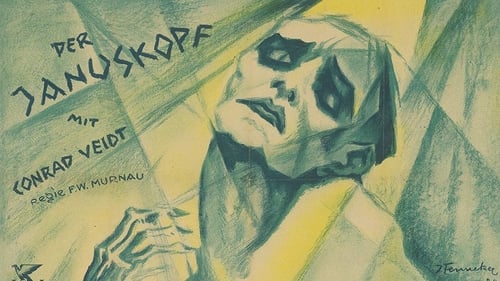
Director
The film was an unauthorized adaptation of Robert Louis Stevenson's novel The Strange Case of Dr. Jekyll and Mr. Hyde, but the source material went unrecognized by some of the German media due to changes in the characters' names. Released in 1920, this is one of Murnau's lost films. While the film itself does not survive, the scripts and related production notes do. Because the film is lost, its full length is unknown. Dr. Warren is the Dr. Jekyll character who changes into Mr. O'Connor, a parallel of Mr. Hyde. This transformation is brought about, not by experimentation with chemicals as in Stevenson's original, but through the supernatural agency of a bust of Janus (the Roman god of the doorway), which Warren / O'Connor purchases in the opening sequence as a gift for his sweetheart, Jane. When she refuses the gift, horrified, Warren / O'Connor is forced to keep the statuette himself...

Director
Wilton, a hunchback, who was always scorned and ridiculed by women, returns from Java a rich man after having discovered a diamond mine. He romances Gina, who is on the rebound from a broken affair, and showers her with expensive gifts. After Gina reconciles with her boyfriend, she continues to see Wilton because of what he gives her. After he discovers her perfidy, Wilton develops a poison and mixes it into her lipstick, which will kill any man who kisses her.

Director
A lost film. Only 40 seconds survive today.

Director
A man searches for a cursed emerald belonging to his ancestor.

Characters
Uma releitura frouxa do clássico de 1922 de F. W. Murnau (uma adaptação solta do "Drácula" de Bram Stoker). Esta versão será definida na era Biedermeier de 1830 na Alemanha Báltica e será enraizada no folclore de vampiros autêntico do período.
















